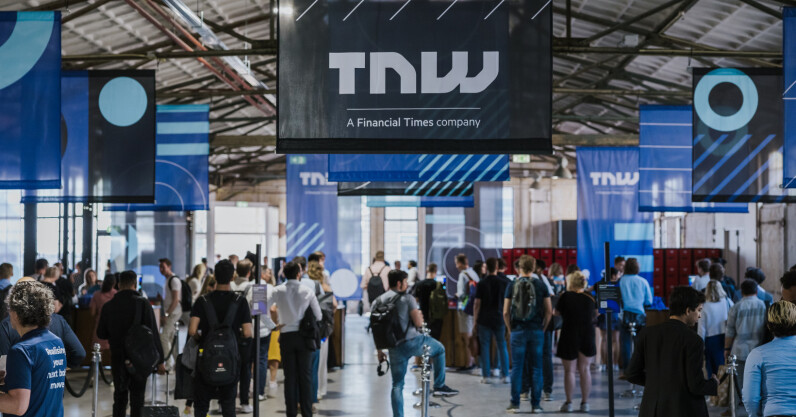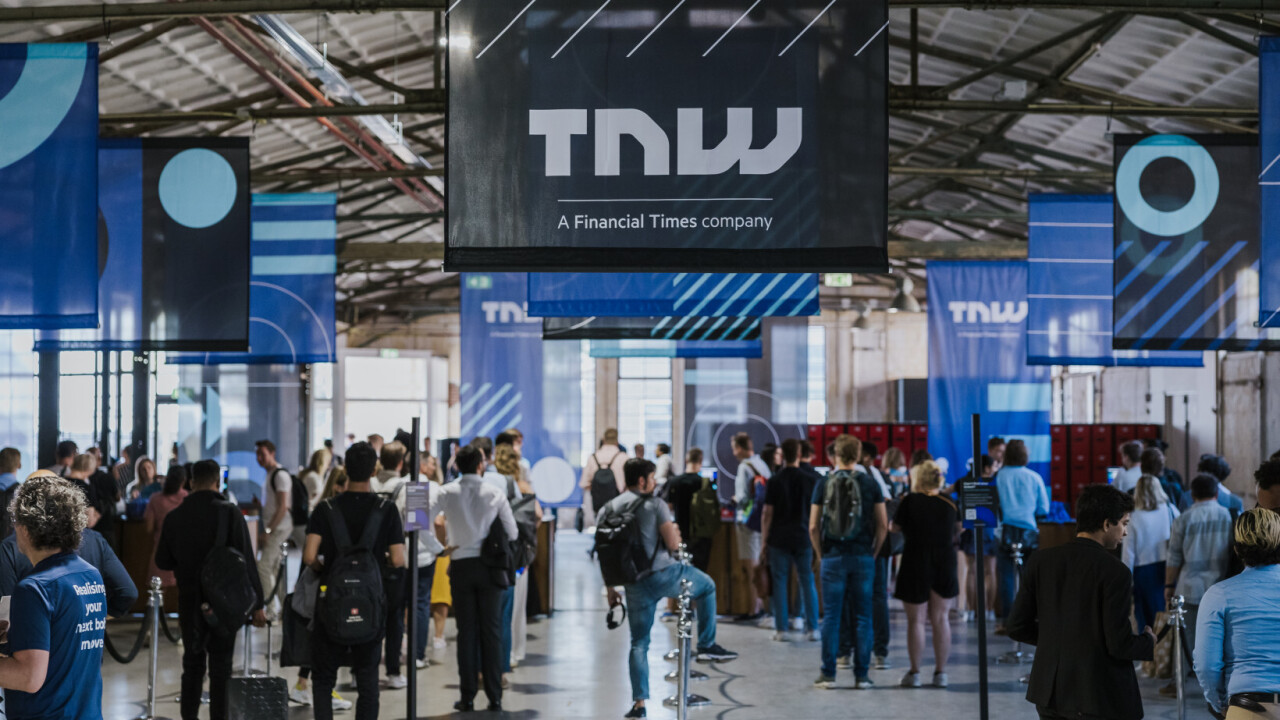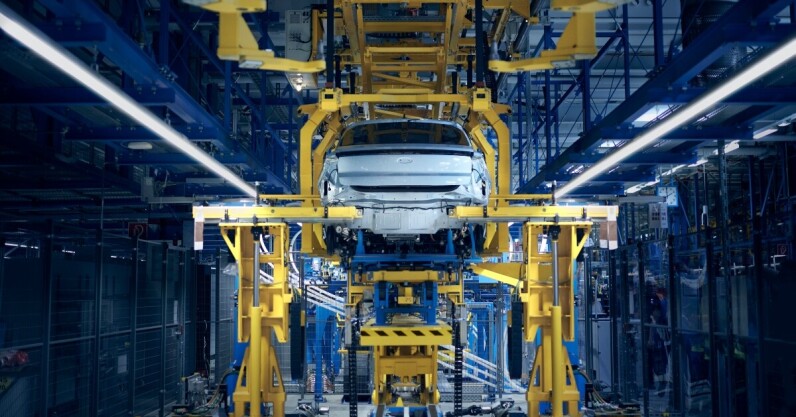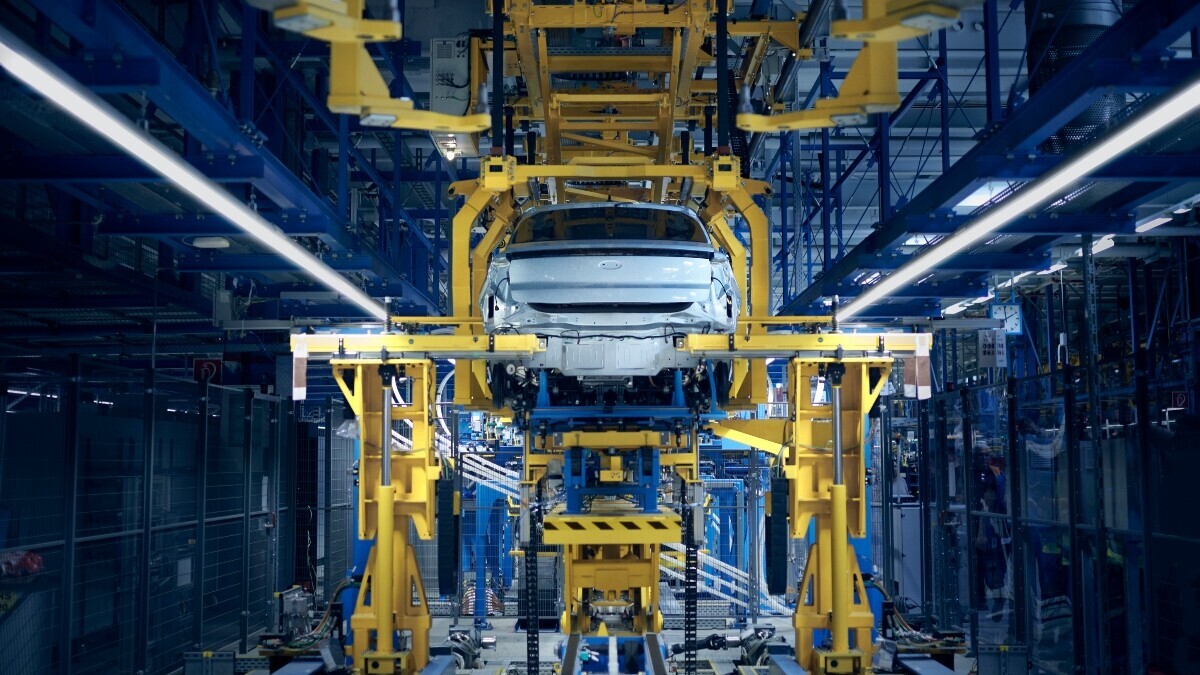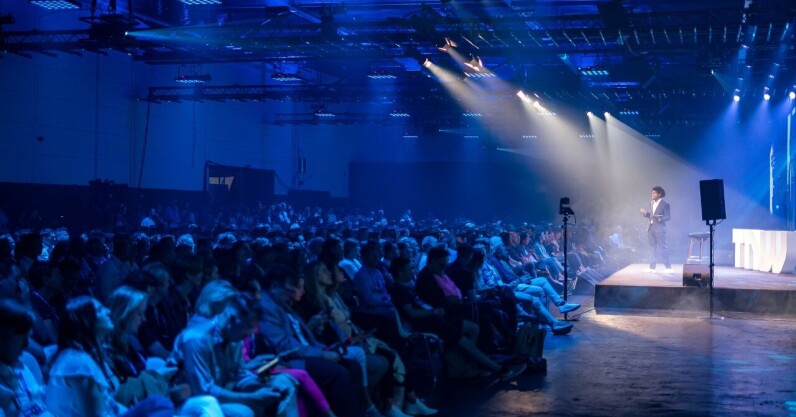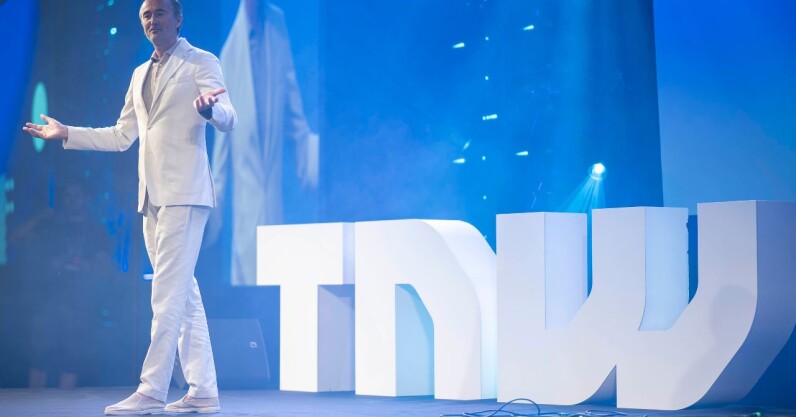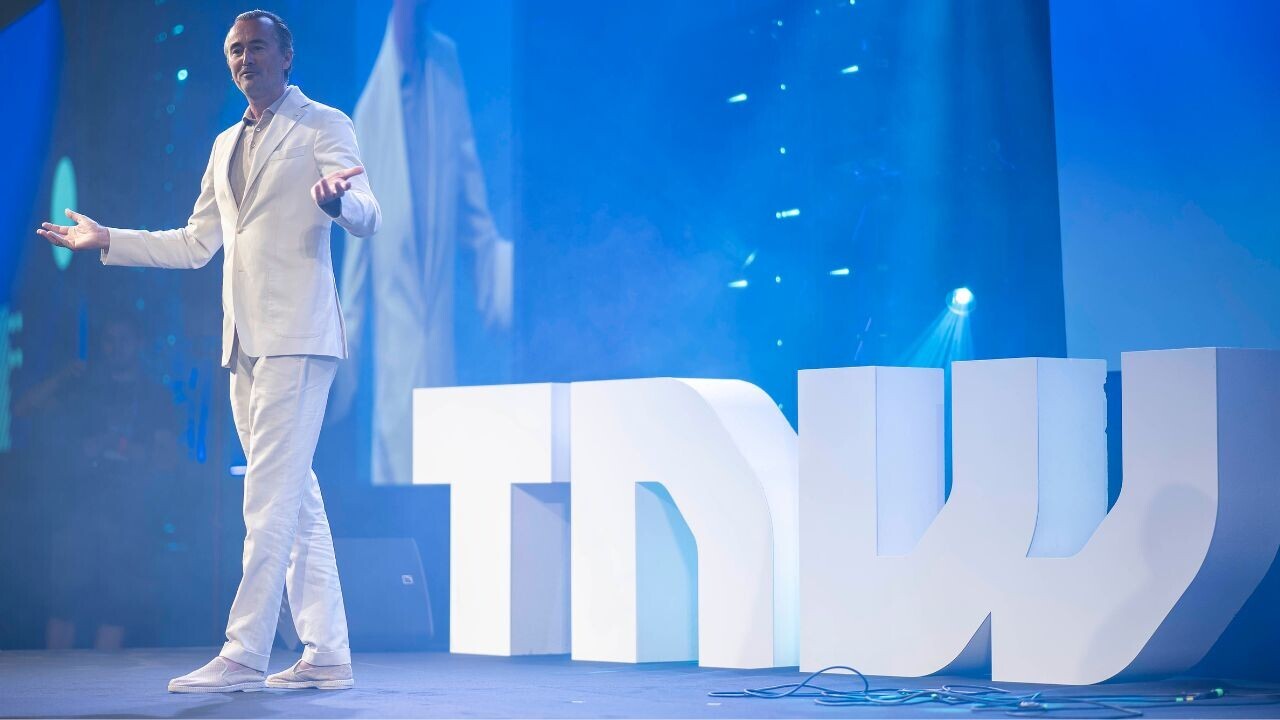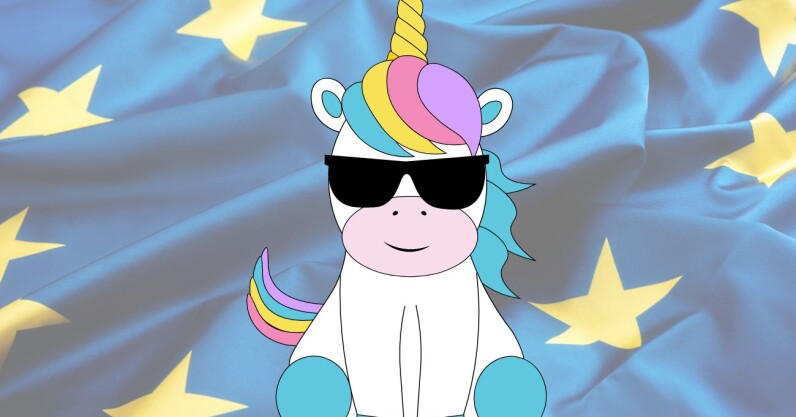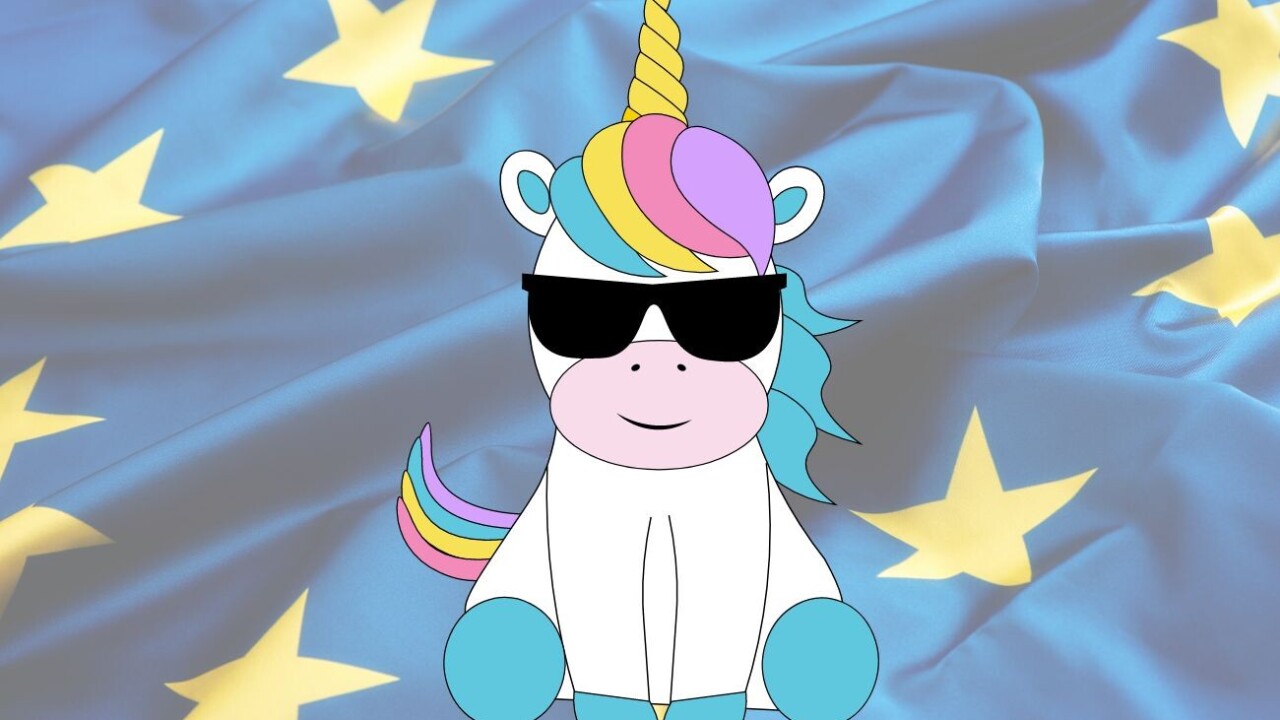New pay transparency regulations could help women negotiate better salaries

Story by
Sandra O Connell
Sandra O’Connell is a freelance business journalist based in Ireland Sandra O’Connell is a freelance business journalist based in Ireland
The EU’s new pay transparency directive won’t close the gender pay gap by itself. But it will help.
After all, if you want to close the gender wage gap you first have to have data. Under the new directive, EU companies will be required to share information about how much they pay men and women for work of equal value and will have to take action if their gender pay gap exceeds 5%.
The new directive includes provisions on compensation for victims of pay discrimination and penalties, including fines, for employers who break the rules.
Equal pay for equal work
Currently, women in the EU earn on average 13% less than their male counterparts. Although the principle of equal pay for equal work has been an EU right since 1958, it hasn’t improved in a decade. In fact, the EU’s pay gap remained the same, or worsened, for just under half of organisations who reported it over the past two years.
Such inequity has lifelong consequences. Unequal pay not only puts women at greater risk of poverty during their working life, it also contributes to the EU’s pension pay gap, which currently stands at 30%.
The new rules make it compulsory for employers to inform job seekers about the starting salary or pay range of advertised positions, whether in the vacancy notice or ahead of the interview.
Employers will also be prevented from asking candidates about their pay history. Making an offer based on pay history only perpetuates the wage gap.
Once in a role, workers will be entitled to ask employers for information about average pay levels (broken down by sex) for categories of employees doing the same work or work of equal value.
Broader problem
However, according to the OECD, the pay gap represents a much broader problem in both society and the labour market. After all, a woman who finds out she’s been underpaid has just three options: do nothing, negotiate higher pay, or initiate a pay claim. Having to identify and raise and rectify the problem is a massive burden to carry.
And while transparency laws may give workers more information, “their effectiveness largely relies on workers having bargaining power to negotiate collectively or individually — and to negotiate without a backlash, which is less likely the case for female workers.”
That’s not good, given that women tend to be less likely than men to negotiate for a higher salary in the first place, “and when they do negotiate they tend to face a backlash or a ‘social penalty,’” the OECD says.
In the UK, equal pay has been a legal requirement for decades and is currently covered by the Equality Act of 2010. The problem is that an employer with an effective pay policy can still have a gender pay gap if, for example, all the senior jobs are held by men and the majority of women are in lower-paid jobs.
This in itself points to the bigger problem.
Women typically have more gaps in their careers for caregiving reasons and are more likely to work part-time too. This means women are more likely to enter lower-paid occupations than men and, over time, when women move into sectors previously dominated by men, salaries fall.
Research also suggests that men engage in salary negotiations more often than women.
Even where pay transparency rules are in place, such as California and New York, there is concern that employers are simply getting around it by providing “salary ranges” so wide as to be practically meaningless.
Similarly, employers can dodge the issue altogether by simply not advertising and using third-party search solutions instead.
If you’ve decided to move somewhere you feel more valued, there are loads of great open roles on the House of Talent Job Board:
Senior Art Producer, Improbable, UK Remote
Improbable is a British metaverse technology company pioneering new ways to connect, play, create and build value across interconnected virtual worlds. It is recruiting a Senior Art Producer responsible for overseeing the entire art production pipeline.
The company is actively working to improve its pay gap, with its most recent gender pay gap report finding that its UK female representation has increased by 3.5 percentage points to 24.8%, and its gender pay gap decreased by 0.76 percentage points to 23%.
Senior Software Engineer (Java) For B2B (All Genders), Zalando, Berlin
Progress matters at Zalando which has made rapid progress on its “Women in Leadership” commitment. Women now occupy 37.5% of leadership positions, toward a target of 40-60% by the end of this year. In 2021, the company reported that the average gender wage gap between women and men with the same job and location at Zalando was less than 1%.
If you’d like to work there, there is an opening for a Senior Software Engineer (Java) For B2B in Berlin. You’ll design technical solutions to extend Zalando fulfilment capabilities to external brands and partners.
iOS Engineer, Depop, London
Depop is the community-powered fashion marketplace to buy and sell circular fashion, with over 30 million registered users in more than 150 countries. The company is hiring a mid-level iOS Engineer on a hybrid basis within its London HQ or Manchester office.
Depop’s 2021 Gender and Ethnicity Pay Gap Report found that the company has a gender split of 47% women and 53% men, and when it comes to pay, the mean gender pay gap is 14.3%, something it’s open about and active in addressing.
For even more inspiration on great jobs in great companies all over Europe visit House of Talent job board today
Get the TNW newsletter
Get the most important tech news in your inbox each week.
Also tagged with
New pay transparency regulations could help women negotiate better salaries Read More »

